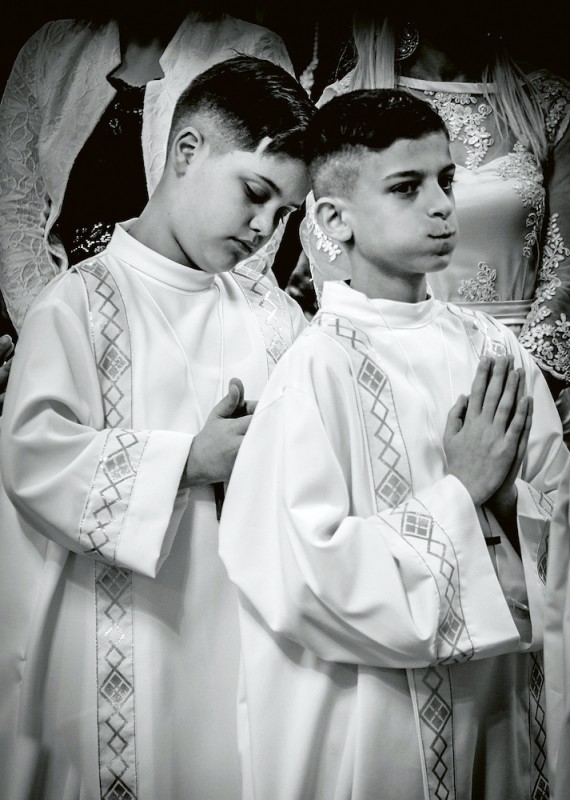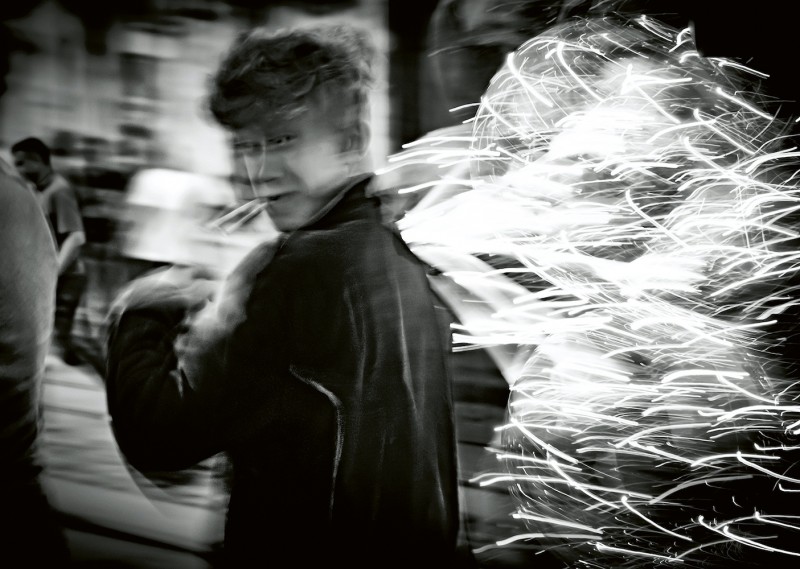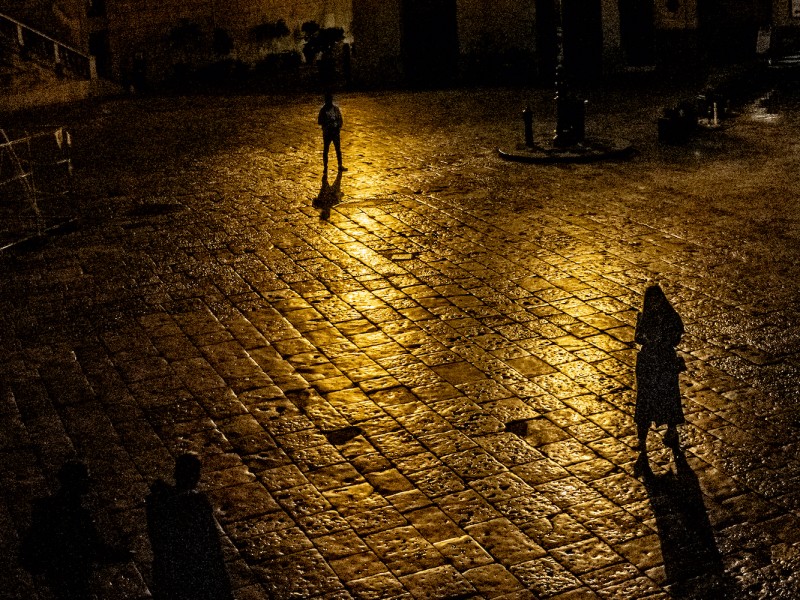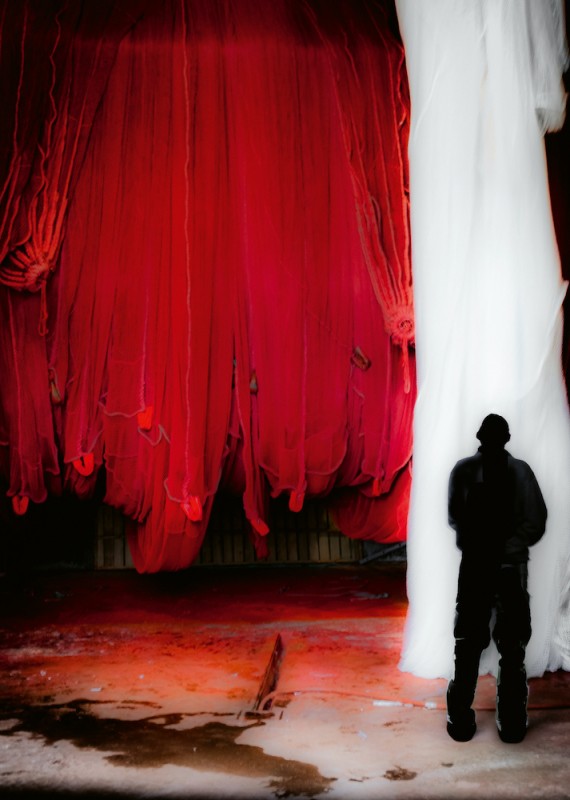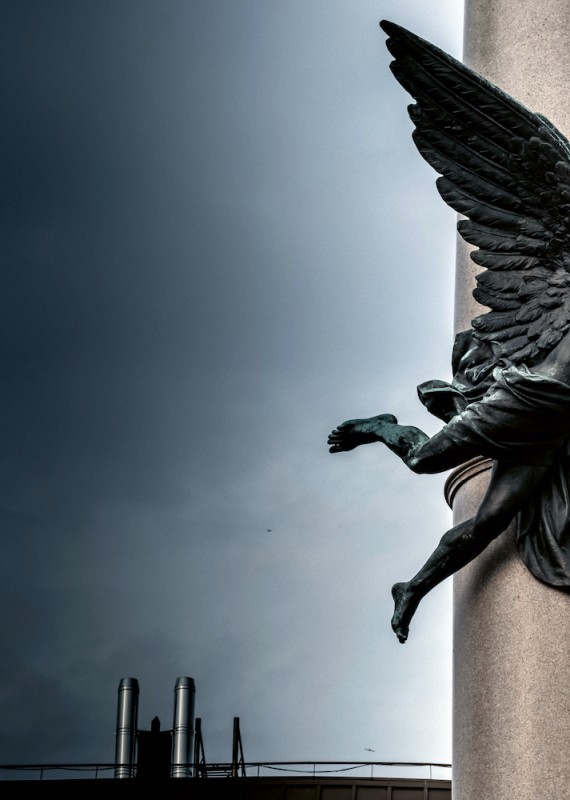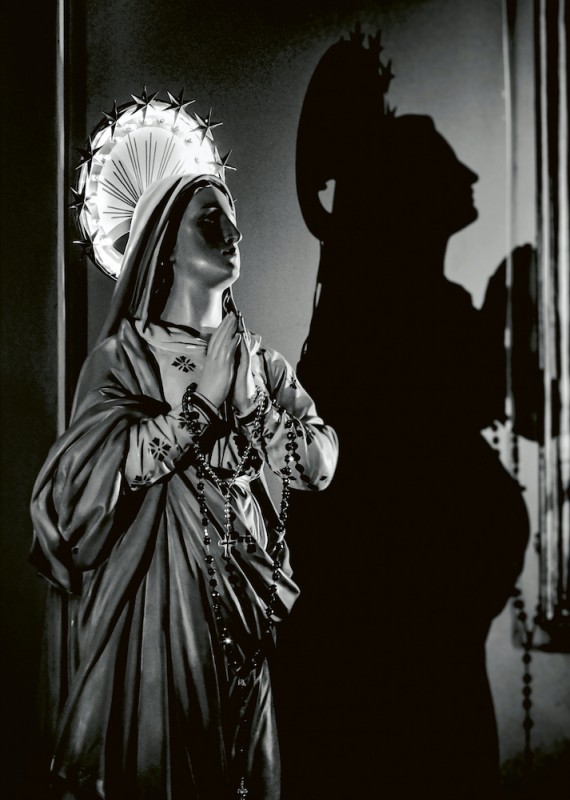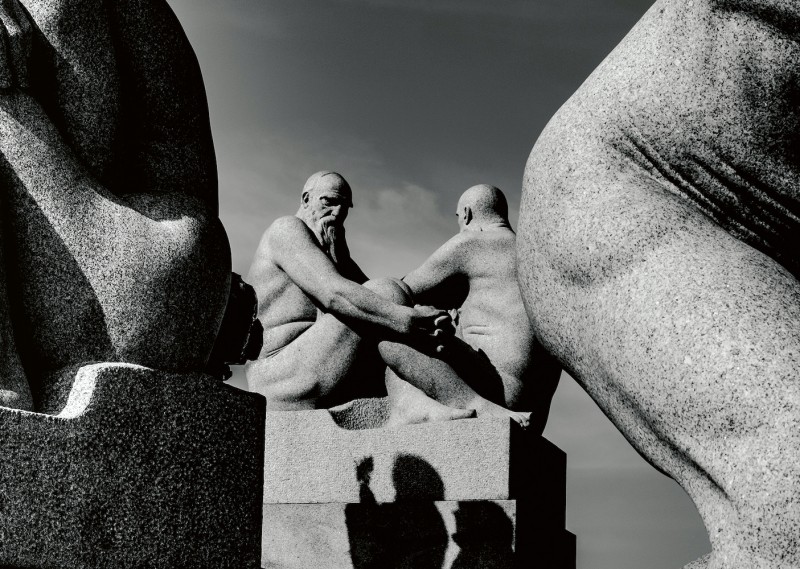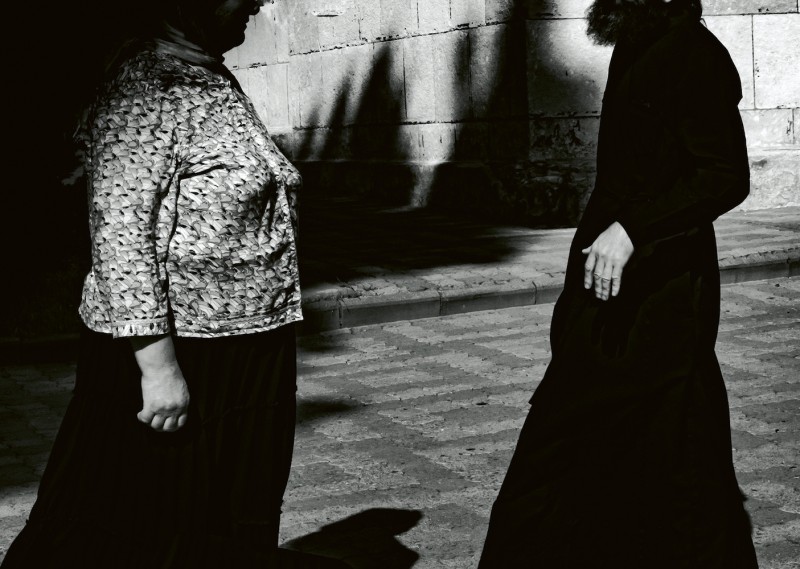Book tip: La Lunga Strada
Book tip: La Lunga Strada
Monika Barth
December 1, 2020
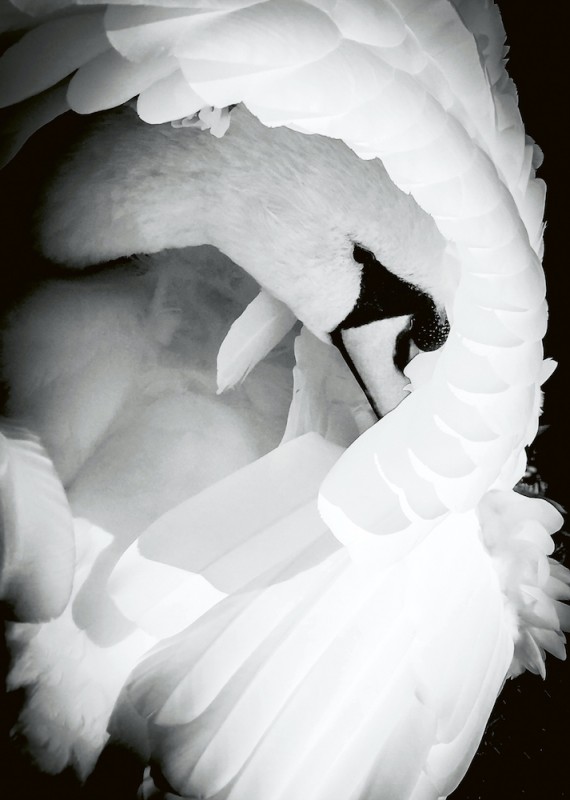
The majority of the pictures contain discreetly observed people, who appear at one with themselves; the eye is directed towards melancholic moments of existence or of daily life. At the same time, the sequence gradually reveals that the author is searching for traces of cultural, religious and societal rituals. “I am looking for the special moment, the archaic in the everyday, the expressive form, the magical idealization.” If the reader follows the flow of the imagery, the radically subjective concept will turn into a reflection of his or her individual associations. Consequently, the author of the book’s texts, Wolfgang Zurborn, refers to “...a journey through different frames of mind, between faith, love, hope and death. The often surreal-looking concatenations of motifs, and the paradox of the relationships between the different layers of an image, rather give the protagonists of this peculiar theatre of real life the freedom to embody a vital spectrum of emotions.” This description also captures the meaning of the title, La Lunga Strada (The Long Road), which makes reference to a publication by Pier Paolo Pasolini. His notes, written down during a trip through Italy at the end of the fifties, were not a documentation either; but rather, an intimate fragmentary record of a country in upheaval.
Without a doubt, Monika Barth’s many years of experience as an actress were useful for her new role as photographer. She took journeys, between 2018 and 2020, to Ukraine and Norway, as well as to Italy and Costa Rica, with her Leica Q2. Her prior acting experience enabled her to immerse herself in the most diverse moods of the locations and, as a trained protagonist of street photography, to capture pictures with a theatrical interpretation. Barth’s images contain familiar and unfamiliar elements, empathy and amazement, magical moments and subjective creation: these compelling ingredients, acquired along the photographer’s own ‘long road’, come together to create an ambiguous and emotional kaleidoscope of images. (Ulrich Rüter)
Monika Barth: La Lunga Strada
With texts by Wolfgang Zurborn.
112 pages, 17 colour and 60 black and white images. 21 x 29.7 cm, German/English. Kehrer
Monika Barth+-
Monika Barth is a photographer, trained actress and physician. Her first photo book, Mona L., was self-published in 2016. This new photo book is a photographic diary of her travels, during the last two years. Barth lives in Hamburg. More

